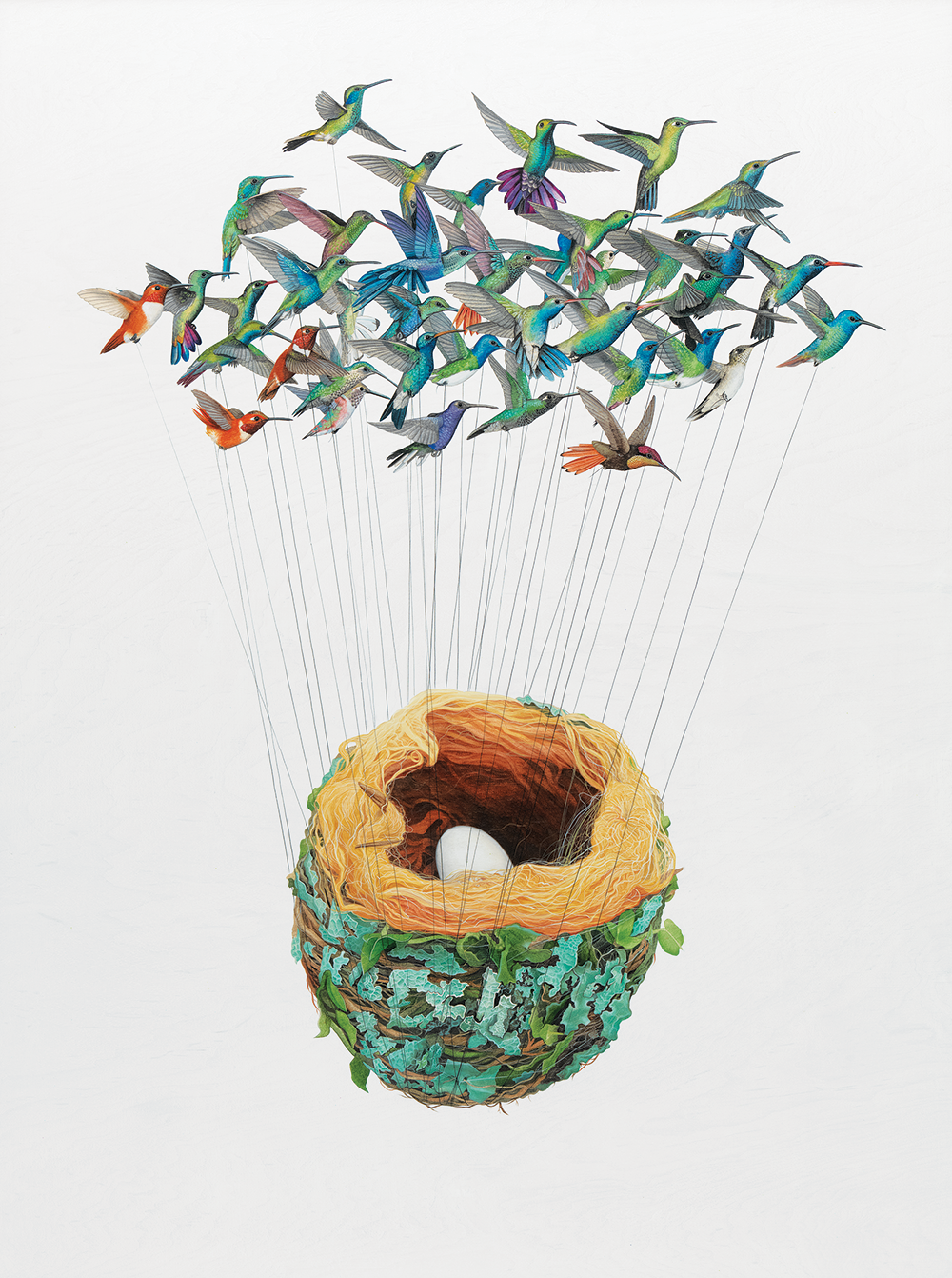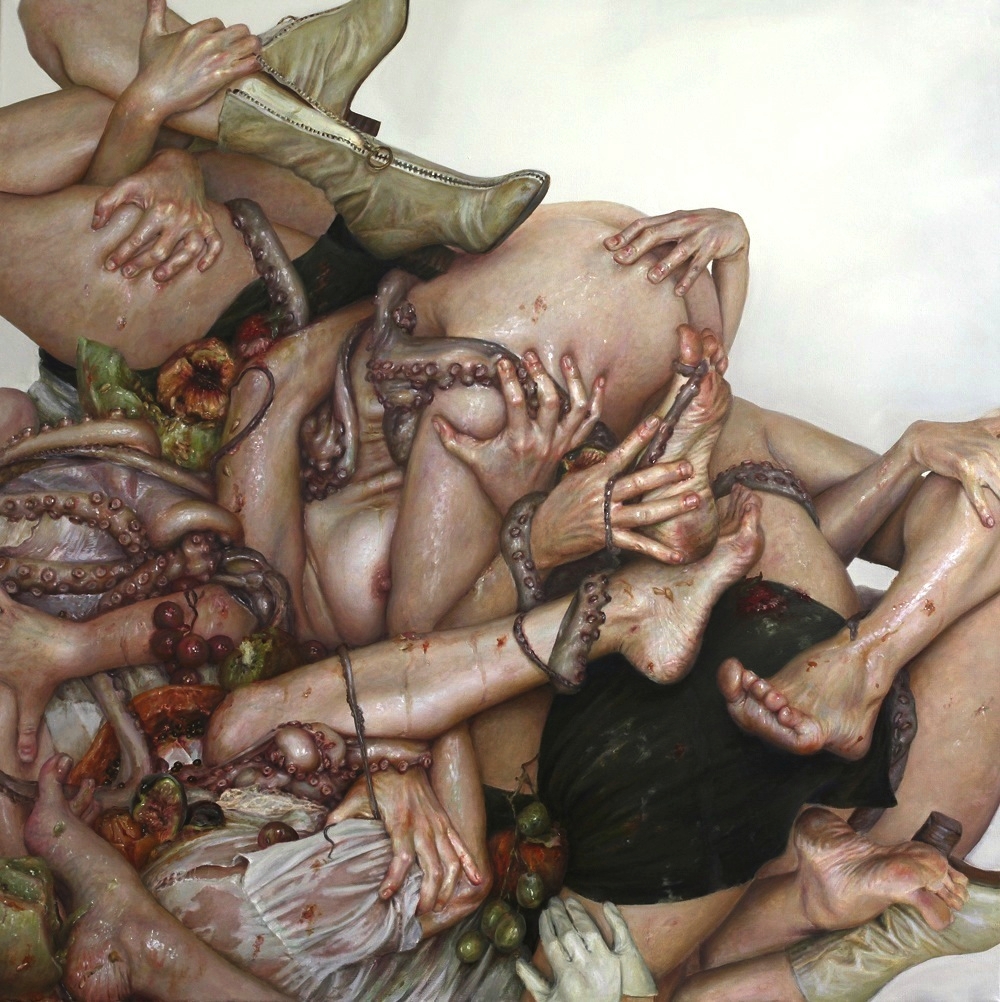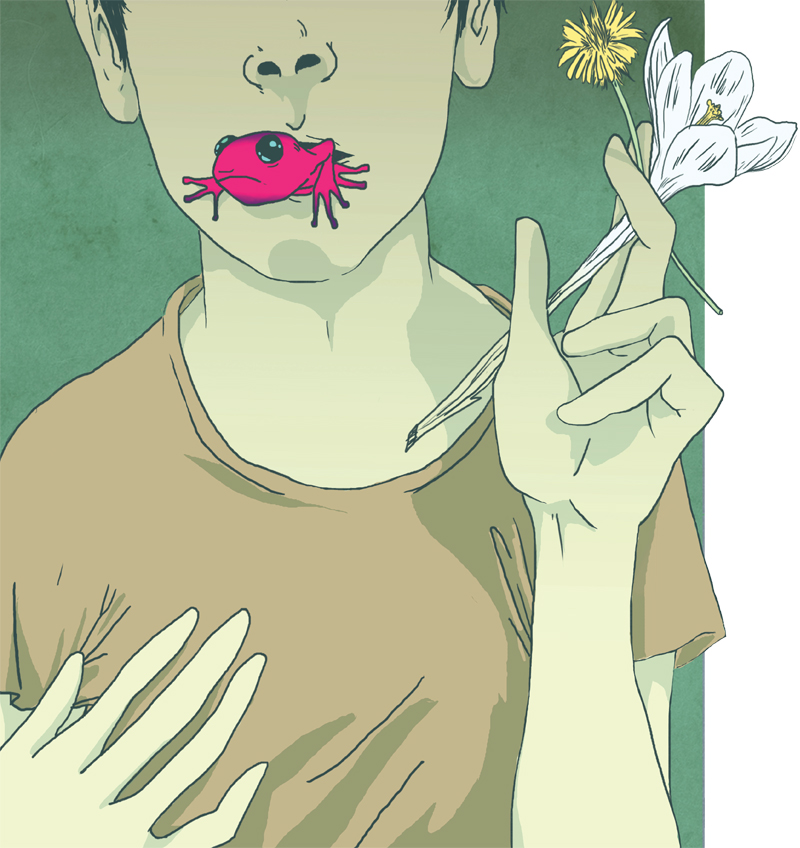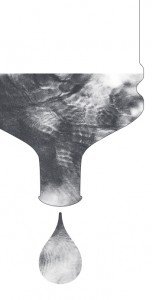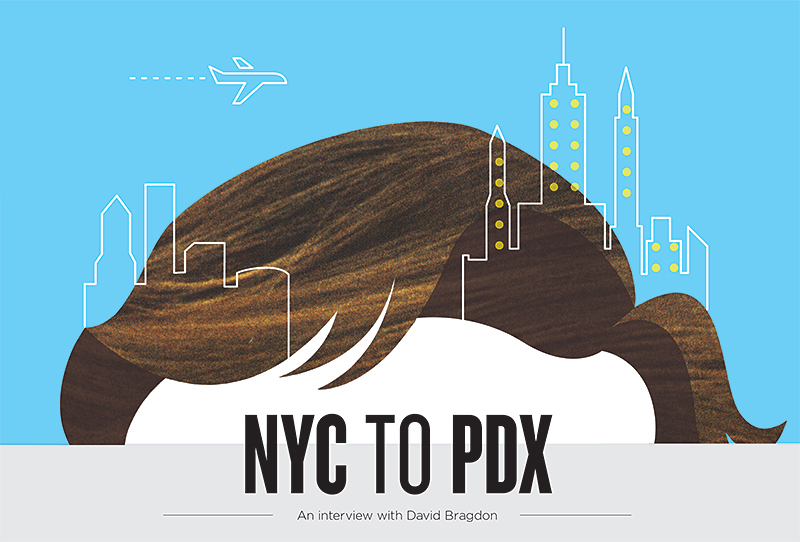Review by Casey Bush
 Amy wants to get back to the land while Damon is willing to follow Amy to the ends of the Earth. So they pack the car, abandon Los Angeles, move to Oregon and find employment on a yogurt farm. Amy becomes a bee keeper while Damon gets involved in marketing both falling under the spell of Rain Dragon owner, Peter Hawk, part Ken Kesey, part Zig Zigler, who aids the couple in their personal and professional transformations.
Amy wants to get back to the land while Damon is willing to follow Amy to the ends of the Earth. So they pack the car, abandon Los Angeles, move to Oregon and find employment on a yogurt farm. Amy becomes a bee keeper while Damon gets involved in marketing both falling under the spell of Rain Dragon owner, Peter Hawk, part Ken Kesey, part Zig Zigler, who aids the couple in their personal and professional transformations.
Jon Raymond’s second novel is told from Damon’s detached point of view as though his world is passing by the lens of a camera. The story is divided into four unequal seasons and portrays a common modern quest, abandoning the city for the country. Rain Dragon depicts the dilemma of individuals trying to maintain their sense of identity while becoming a cog in the wheels of business and slowly morphs into a morality tale as agricultural products march to an inevitable market. The story turns upon Hawk’s interest in selling his management methods rather than yogurt. Raymond’s naturalist prose takes on an ironic sensibility as the Rain Dragon staff try their hand at increasing the productivity of a paper mill. Read more »

